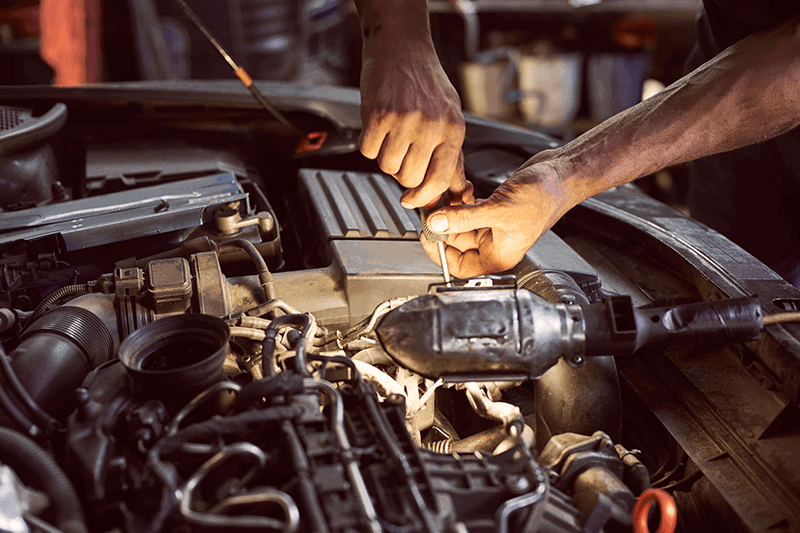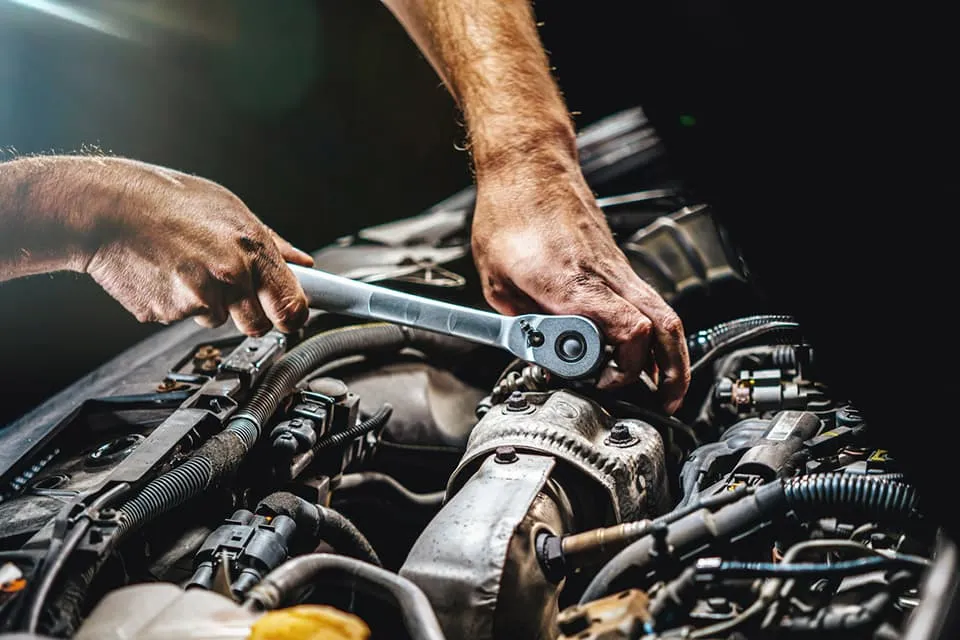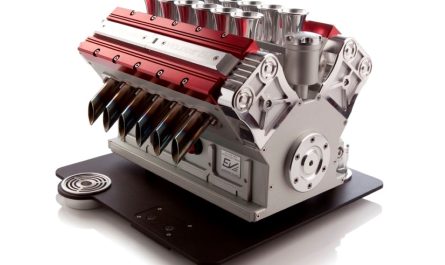Everything You Need to Know About Diesel Engine Components and Functions
Diesel engines are the powerhouse behind many vehicles, especially for heavy-duty use. This blog delves into the core components of a diesel engine and their roles to help you better understand how your vehicle functions. If you’re looking for expert tips and clear explanations, this guide is your go-to resource.

What is a Diesel Engine?
A diesel engine operates differently from a petrol engine by using high compression to ignite the fuel. Known for efficiency and durability, diesel engines rely on specialized components that ensure optimal performance.
Top Diesel Engine Components and Their Functions
Battery
- Powers the vehicle and supports the electrical systems.
- In some models, wet cell batteries require water level checks to maintain functionality.
Fuse Box
- Houses multiple fuses that protect various electrical components.
- Fuses manage systems like lights, fans, fuel pumps, and power steering. Faulty fuses are easy to replace.
Radiator and Coolant System
- Cools the engine by circulating coolant, preventing overheating.
- Maintain coolant levels between the markers for efficient operation.
Power Steering Reservoir
- Stores fluid for the power steering system to ensure smooth handling.
- Regular fluid checks keep the steering responsive.
Air Filter and Sensor
- Filters air entering the engine to optimize combustion.
- A sensor monitors the filter’s condition, and cleaning it improves engine efficiency.
Advanced Features in Diesel Engines
ABS (Anti-lock Braking System)
- Prevents wheels from locking during sudden braking, improving vehicle control.
Turbocharger
- Enhances engine power by forcing more air into the combustion chamber.
- Supported by cooling pipes for efficient performance.
Oil System
- Lubricates engine parts, reducing wear and tear.
- Regular oil checks ensure smooth engine operation.
High-Pressure Fuel Pump
- Precisely delivers fuel to the engine for efficient combustion, a key feature in diesel engines.

Read more: Essential Car Maintenance Guide: What’s Under Your Car Bonnet Explained
Tips to Maintain Your Diesel Engine
- Coolant Checks: Always maintain the coolant at the recommended levels.
- Inspect Fuses: Replace faulty fuses promptly to avoid electrical issues.
- Clean Air Filters: A clean air filter boosts fuel efficiency and performance.
- Turbo Maintenance: Check for leaks or damage in turbo pipes regularly.
- Oil Replacement: Use high-quality oil and replace it as per the manufacturer’s schedule.
Key Differences Between Diesel and Petrol Engines
- Compression Ignition: Diesel engines use compression to ignite fuel, while petrol engines use spark plugs.
- Fuel Efficiency: Diesel engines typically consume less fuel per mile.
- Components: Diesel engines include turbochargers and high-pressure fuel pumps for enhanced performance.
Final Thoughts
Understanding your diesel engine’s components and maintaining them is key to extending your vehicle’s lifespan. Regular checks and timely maintenance ensure better performance and fuel efficiency.
If you found this guide useful, make sure to share it and subscribe to our blog for more expert insights. Don’t forget to hit the notification bell for the latest updates!


